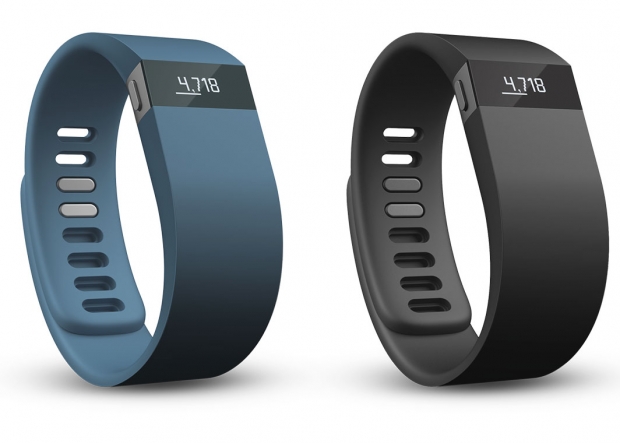Fitbit has been diversifying its portfolio of wristbands and clippable devices that track calories, sleeping patterns and heart rate, to better compete with rivals as well as to tap new markets and demographics.
Fitbit said on an adjusted per-share basis it expects to break even to a profit of 2 cents for the quarter ending March, lagging analysts' average expectation for 23 cents.
The company said it sold 8.2 million wearable devices in the fourth quarter ended Dec. 31, a 55 percent jump from a year earlier, and above the 7.5 million expected by analysts, according to research firm FactSet StreetAccount.
Fitbit's net income attributable to common stockholders rose to $64.2 million, or 26 cents per share, in the quarter, from $11.9 million, or 19 cents per share, a year earlier.
Revenue nearly doubled to $711.6 million from $370.2 million.
Analysts on average had expected a profit of 25 cents and revenue of $647.8 million. Fitbit's revenue forecast of $2.4 billion-$2.5 billion and adjusted profit of $1.08-$1.20 per share for 2016 was largely in line with expectations.




